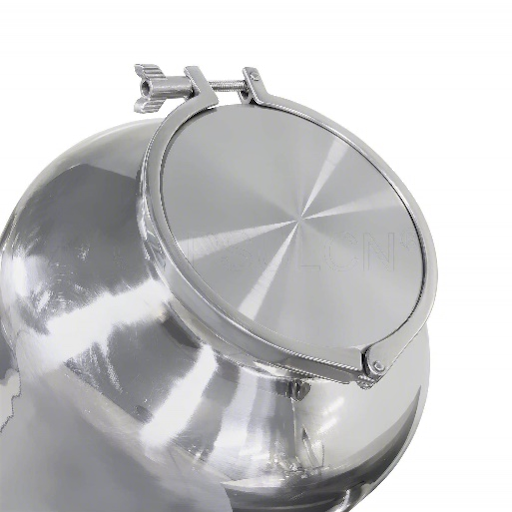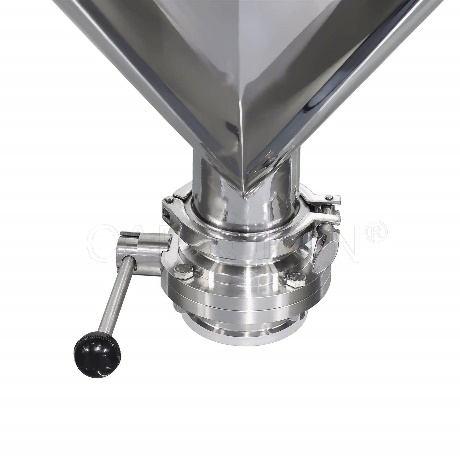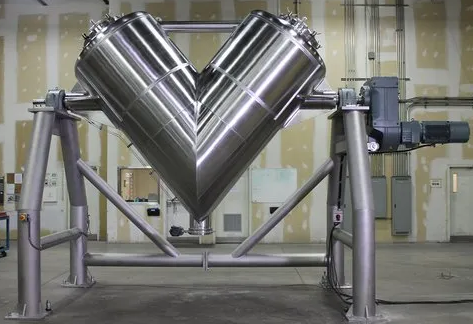Skyline V Blender
V type blender is one of the most sought after blenders or tumblers. This blender is preferred over other blenders owing to their short and efficient blending periods. This blender comprises two cylindrical shells that join at an angle of 75°C to 90°C.
Working Principles

>> The twin shell blender resembles a vessel in a V shape, and it is made up of two
inclined cylinders that are welded together. Most V blenders come in a
316/316L stainless steel construction, complying with cGMP/GMP regulations.
>> This style of blender features three different openings. The two openings on the
top of the V-shaped vessel function as feed inlets. Both of them are fitted with
removable covers. The third opening on the bottom is equipped with a discharge
valve that is used for discharging the mixed product.


>> Materials to be blended are loaded via two feed inlets on the top of the V-shaped
mixing vessel. Here's a tip. Fill the blender up to between 50 and 60 percent of
its total volume. The fill-up volume beyond this range will probably double the
mixing time if you want a homogeneous blend.
>> When the materials are ready, the twin shell blender starts to work. In general,
the speed of operation for twin shell blenders is anywhere from 5 to 25
revolutions per minute..
>> As the V blender performs a 360-degree rotation, the ingredients keep breaking
apart and coming back together. This is an integral part of the V
blender working principle - the blending process.
>> The blending happens as the ingredients fall randomly inside the vessel. The
material moves repeatedly toward and away from the center of the vessel. This,
along with increased friction between the material and the long, straight sides of
the vessel, causes a gentle but even mixing.
>> The speed of the V blender can also affect how well it mixes. There is a critical
speed that, when reached, makes mixing much less effective. V blenders are
typically made to run between 50% and 80% of the critical speed.


